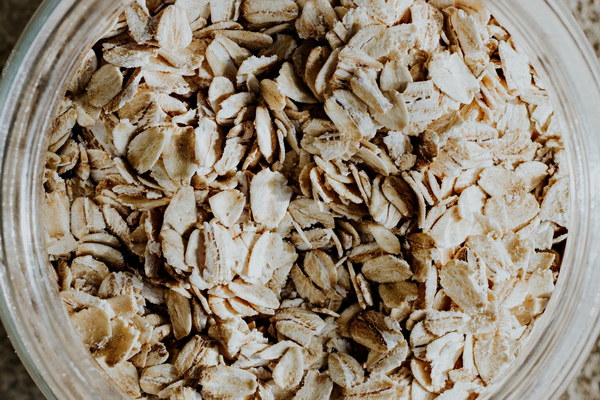Preserving Health in the Countryside Time-Honored Practices for Rural Well-being
In the serene expanse of the countryside, rural inhabitants lead a lifestyle that is often perceived as healthier than that of their urban counterparts. This article explores the age-old practices and wisdom that rural people have adopted to maintain their physical and mental well-being.
1. Abundance of Fresh Produce
Rural folks have access to an abundance of fresh, locally-grown produce, which is a cornerstone of their health regimen. Growing their own fruits, vegetables, and herbs ensures that they consume nutrient-dense foods, free from pesticides and preservatives. This not only contributes to their physical health but also to their mental well-being, as the act of gardening itself is a form of exercise and stress relief.
2. Regular Physical Activity
The rural lifestyle often involves more physical activity than urban living. Walking to the market, tending to the garden, and engaging in manual labor are daily tasks that keep the body in motion. This regular exercise, combined with the fresh air and natural scenery, is conducive to a healthy cardiovascular system and a strong immune system.
3. Traditional Diets
The traditional diets of rural communities are often rich in whole grains, legumes, and fiber, which are known to promote digestive health and prevent chronic diseases. Foods like rice, wheat, lentils, and corn are staple ingredients in many rural households, providing a balanced intake of essential nutrients.
4. Emphasis on Hydration
Access to clean, fresh water is a luxury not taken for granted in rural areas. Rural inhabitants often drink water from natural sources, which is not only free from contaminants but also believed to have healing properties. Staying hydrated is a fundamental aspect of health, and the countryside provides ample opportunities for water consumption.
5. Mind-Body Connection
Rural life is closely intertwined with nature, and the connection between the mind and body is deeply respected. Activities such as meditation, yoga, and tai chi are often practiced to maintain mental clarity and emotional balance. The peacefulness of the countryside is conducive to relaxation and reflection, which are essential for overall well-being.
6. Community Support

The sense of community in rural areas is strong, and this social support is a vital component of health. Neighbors often help each other with farm work, share resources, and provide emotional support. This camaraderie reduces feelings of isolation and loneliness, which can have negative effects on mental health.
7. Herbs and Traditional Remedies
Rural people have long relied on herbs and traditional remedies for various health issues. These natural treatments are often more accessible and less expensive than conventional medicine. From garlic and honey to chamomile and echinacea, these remedies are part of a holistic approach to health and wellness.
8. Rest and Sleep
In the countryside, there is an appreciation for rest and sleep. Early to bed and early to rise is a common practice, as it aligns with the natural rhythm of the day. A good night's sleep is essential for rejuvenation and recovery, and rural inhabitants understand the importance of prioritizing rest.
Conclusion
The rural lifestyle offers a unique set of advantages that contribute to the health and well-being of its inhabitants. By embracing nature, fostering a sense of community, and adopting traditional practices, rural people have found a balance that promotes longevity and vitality. As urbanization continues to reshape our world, perhaps we can learn a few lessons from the health-conscious rural inhabitants and incorporate these practices into our own lives.









